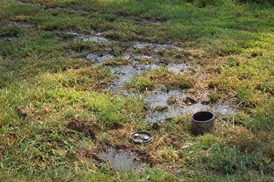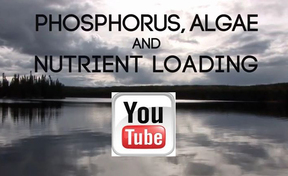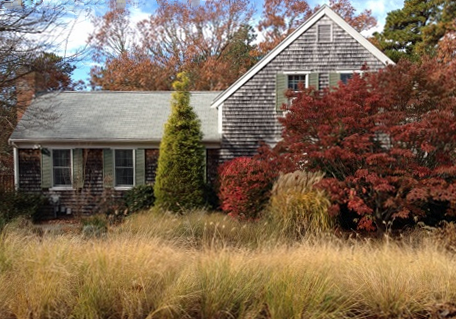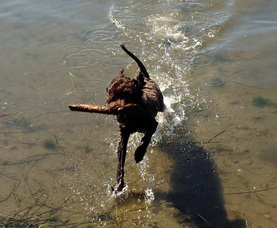Sheep Pond
Cleaning up our ponds will be a
challenge. Yet, there are a number of actions that you can take by
becoming a pond steward in your own yard and eliminating pollutants from
entering your pond. Here are five quick steps that will help.
|
1. Keep your septic system from failing by
pumping it every three years. Consider alternative septic technologies
if you are within 300 ft of the up gradient of a pond. New alternative leach field technologies allow plants to digest nutrients before they reach
your pond.
Fact: Eutrophication is a natural process. But the addition of nutrients to ponds on Cape Cod has sped up this process. Click on video below to learn how the addition of phosphorus has accelerated eutrophication of ponds.
2. Take a look at reducing run-off issues in your yard. Consider planting a rain garden and diverting roof water from gutters to rain barrels. Consider installing a driveway that allows water
to percolate slowly into the ground instead of asphalt. Dispose waste oils properly. (No storm drains!!!) See link here for household hazardous waste collection dates and information.
|
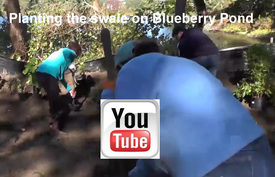
Click on video above and see how Blueberry Pond neighbors raised funds and planted a swale (or rain garden) to eliminate storm water run off into their pond.
3. Plant "pond friendly" vegetation in your yard. Consider restoration of lawns that go to the pond's edge. Reconsider fertilizing and irrigating lawns. Avoid using pesticides and herbicides.
Fact: Homeowners are the largest users of both fertilizers (more than 80%) and pesticides (more than 70%) on Cape Cod? Golf courses are the second largest users of fertilizers (15%) and pesticides (8.7%.) Click here for 2014 final report on fertilizer and pesticide use on Cape Cod.
|
4. Who doesn't love this little guy? Problem is, pet waste is a health risk to pets, wildlife and people - especially children, and
it's a nuisance in our neighborhoods. Pet waste contains bacteria
that can make people and our ponds sick. If it's washed into the storm drain and
ends up in a pond or marine water, the bacteria can cause risks to
swimmers, fish and habitat.
Be sure to pick up after your pet on both your property and along the shoreline.
Click here for Board of Health regulations Re: dog waster removal. 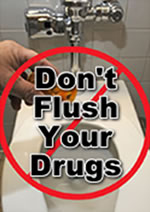
5. Most drugs can be safely disposed of in your household trash. But don't just throw them into the bag! Instead, dispose of your medications by mixing them together with coffee grounds or kitty litter, and then tie the bag closed or seal it in a can so that the prescription or OTC drugs don’t fall out of the bag. This serves as a deterrent from anyone rifling through your trash to get unused pills.
|

